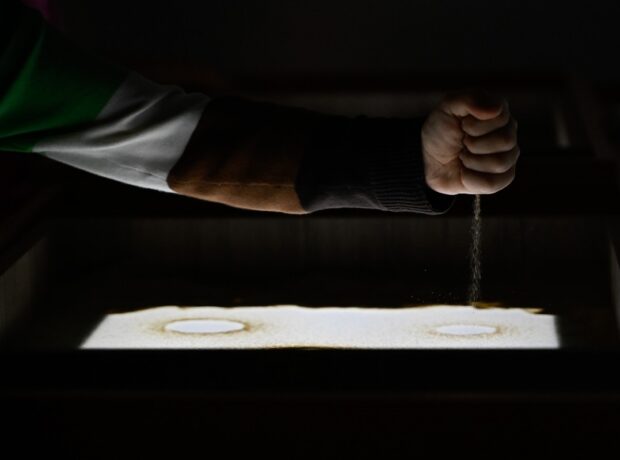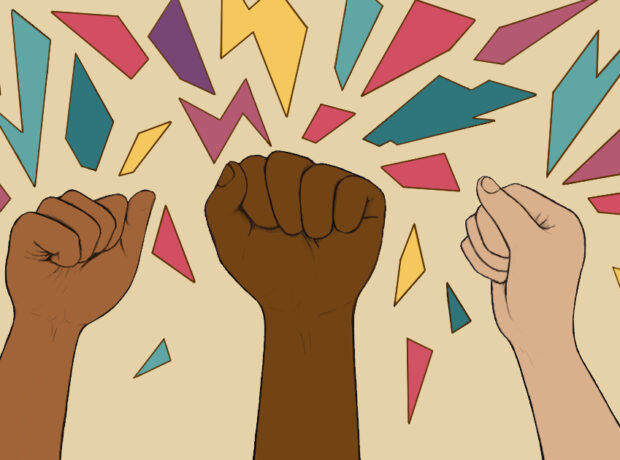With the climate crisis growing more urgent and the number of refugees worldwide rising, 2023 has been a year of pressing human rights issues. Lacuna’s stories have ranged from a critical insight into the mental health of women in STEM to environmental dilemmas in Mexico and the Middle East. Our writers have highlighted the joy that is essential to resistance as well as exploring subversive ways of thinking about our everyday – including reading, gardening and wedding celebrations. Here’s a collection of inspiring human rights journalism from around the world to conclude 2023.
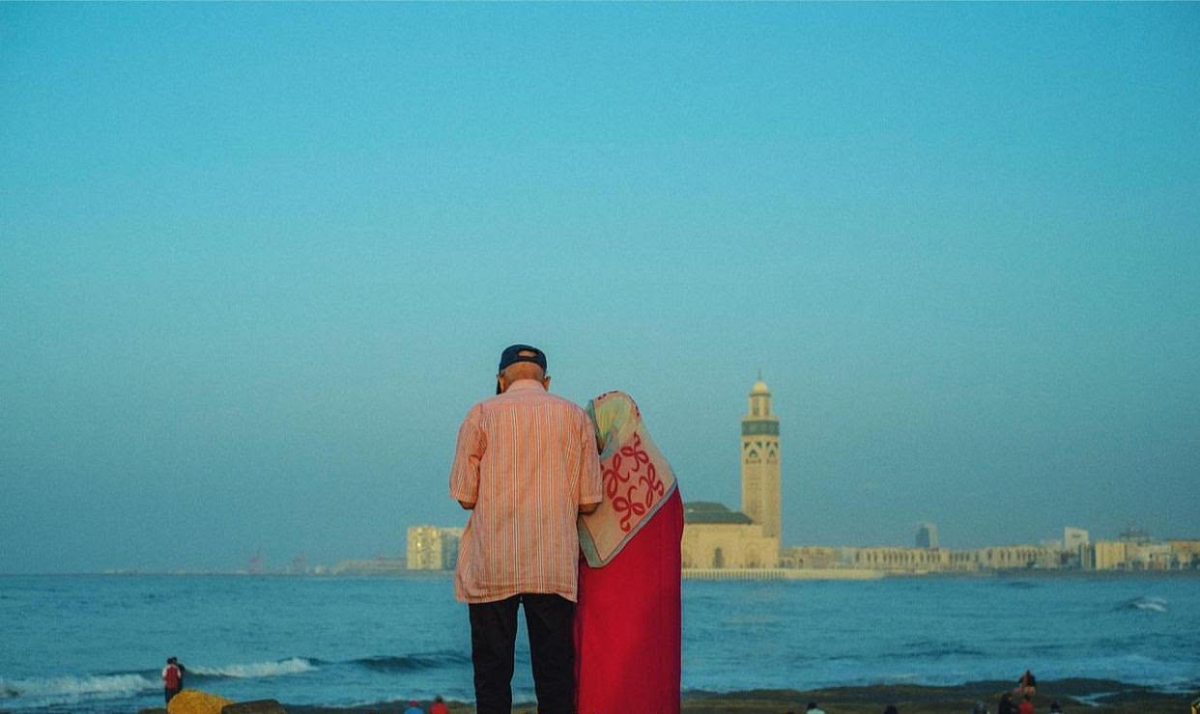
The magic of saying “Raha!”
He inhales, and as if his heart and soul have just suddenly been permeated with all the joy and gratitude in the world, he exclaims: “Raha!”
Morocco’s cities have one of the highest rates of youth unemployment in the world, with young people struggling to find affordable housing and meet basic needs. In this story, our author spends 24 hours with a group of Moroccan youngsters in Casablanca, hearing how they handle these pressures while looking on the bright side of life, just as the Arabic exclamation “Raha!” suggests. Find the full story here.
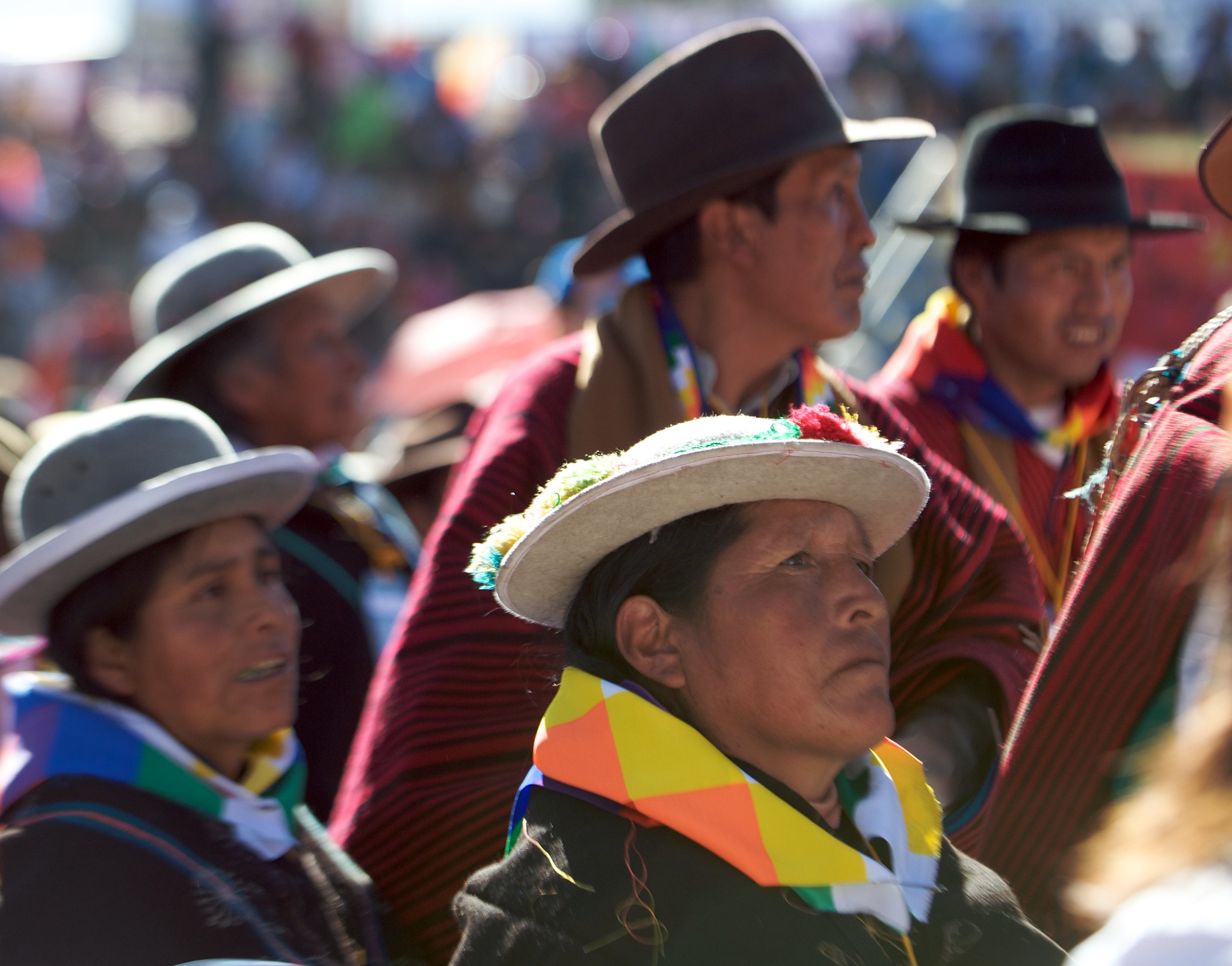
Max Ajl: The People’s Green New Deal demands true ecosocialism
No one is speaking about demilitarisation. No one is speaking about climate reparations. If we are truly interested in a radical transformation of society – not something that continues to perpetuate the same inequalities but with an added green veneer – then this should concern us deeply.”
In our ninth episode of Spoken Earth, our environmental podcast, Adam Weymouth speaks with Max Ajl about what a true eco-socialism would look like, and how the world might get there. Find the full story and podcast episode here.
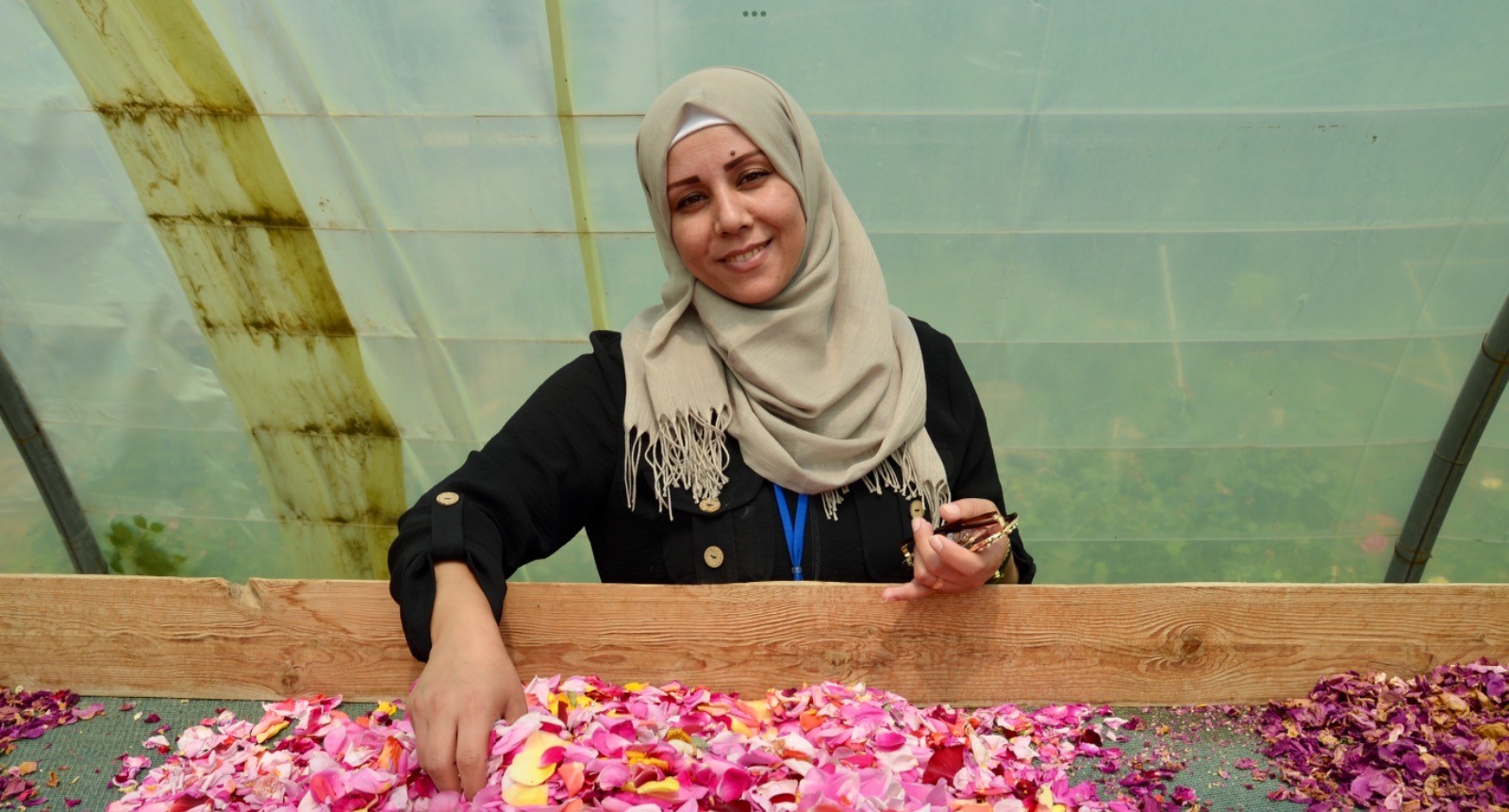
Attempting to put down roots in a Syrian refugee camp
The camp residents were tired of waiting to find out what the future held for them and had decided to create a future for themselves.
When Aveen, a Syrian refugee and mother, found solace in gardening, she saw it as a way of putting down roots in her refugee camp in Kurdistan. How do families, like Aveen’s, find a sense of permanence while living long-term in temporary camps? Adam Robertson Charlton tells Aveen’s story. Find the full story here.
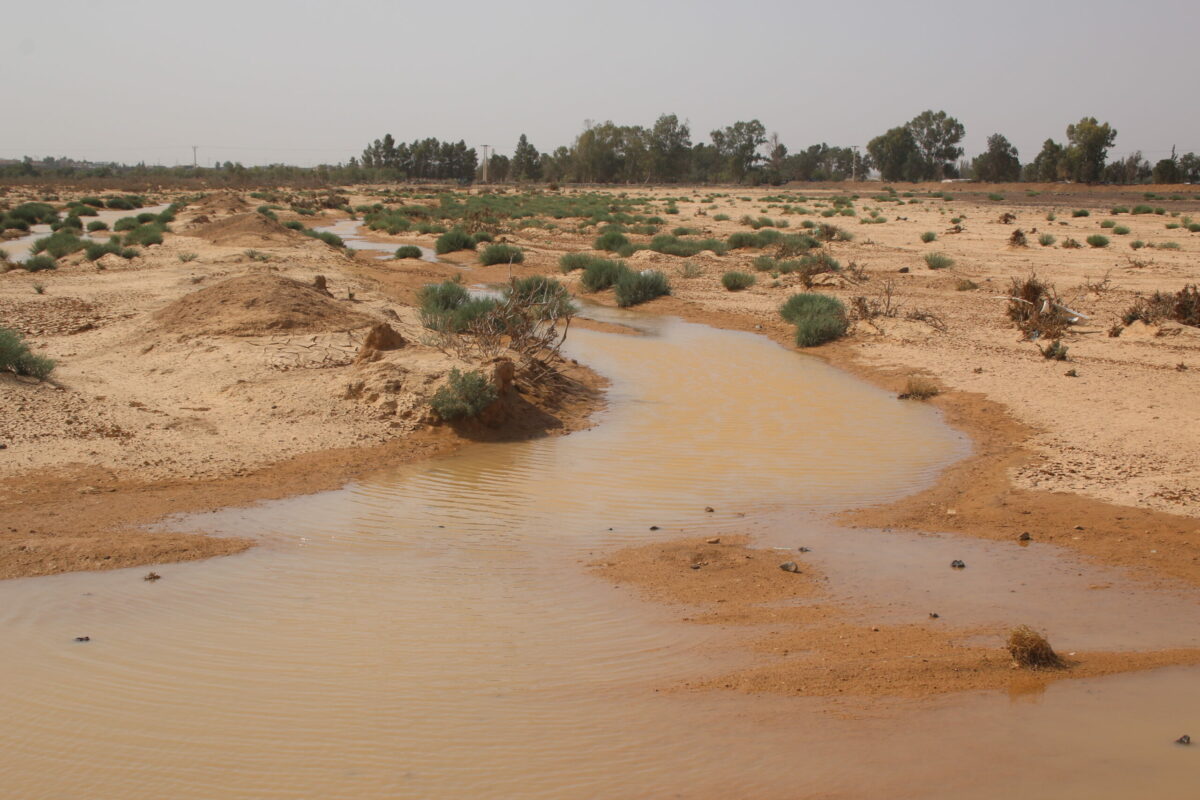
“It dried up before our eyes”: How the loss of Jordan’s marshes has fractured communities
I couldn’t believe my eyes. It was a shock. To have seen it that way and to see it now, it’s literally a disaster. I was angry for what they have done. Horrible. It was just dust.”
Once a vast source of joy and enrichment and a crucial resource for communities in Jordan, the marshes of Azraq have dried up. Journalist Melissa Pawson meets Khadija, Karam, and Jad – three Azraq residents with bittersweet memories of the marshes as well as hope for the return of Jordan’s wetlands. Find the full story here.

Joy, grief and resilience in Makhmour refugee camp
Many believe the location in Makhmour was chosen to send the refugees to the desert to die, but instead, they built a community.”
In northern Iraq, photographer Paul Trowbridge visits Makhmour refugee camp – a camp the size of a small town. He finds that having fled persecution in Turkey 30 years ago, the refugees are still not safe from bombs. But, despite difficult circumstances, these photographs show the camp’s residents carrying on and finding ways to maintain life with normality and hope. Find the full story here.
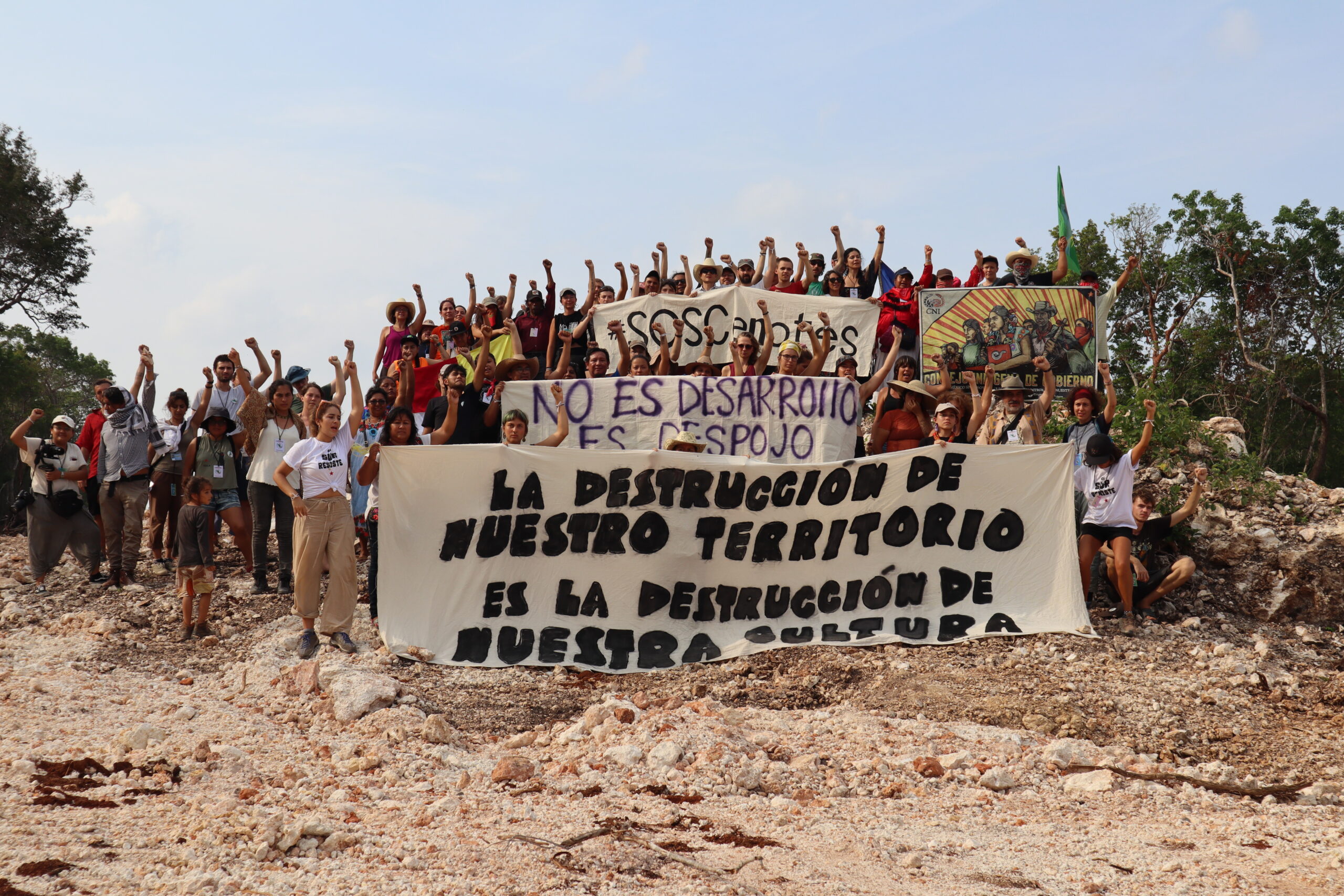
The Maya Train and other megaprojects threatening southern Mexico’s Indigenous communities
To talk of nature is to talk of our people. To talk of territory is to talk of our spirituality. We cannot talk of our people, and we cannot talk of our territory in isolation from nature. We are territory.”
The 966-mile Maya Train being built through Mexico’s Yucatan Peninsula is the latest in a series of megaprojects impacting the region, from solar arrays to industrial pig farms. While some residents hope the project will encourage tourism and boost the economy, many others fear environmental destruction on a scale of ecocide and ethnocide. In Yucatan, Jennifer Kennedy speaks with Indigenous communities and activists. Find the full story here.

Are woman-to-woman marriages meeting social care needs in rural Kenya?
‘You know woman-to-woman marriages are part of our community,’ says Beatrice.
A misunderstood practice of marriage between women is bringing an informal system of social welfare to communities in rural Kenya. Professor Ann Stewart shares the findings from her interviews of more than 100 “wives” in woman-to-woman marriages. Find the full story here.
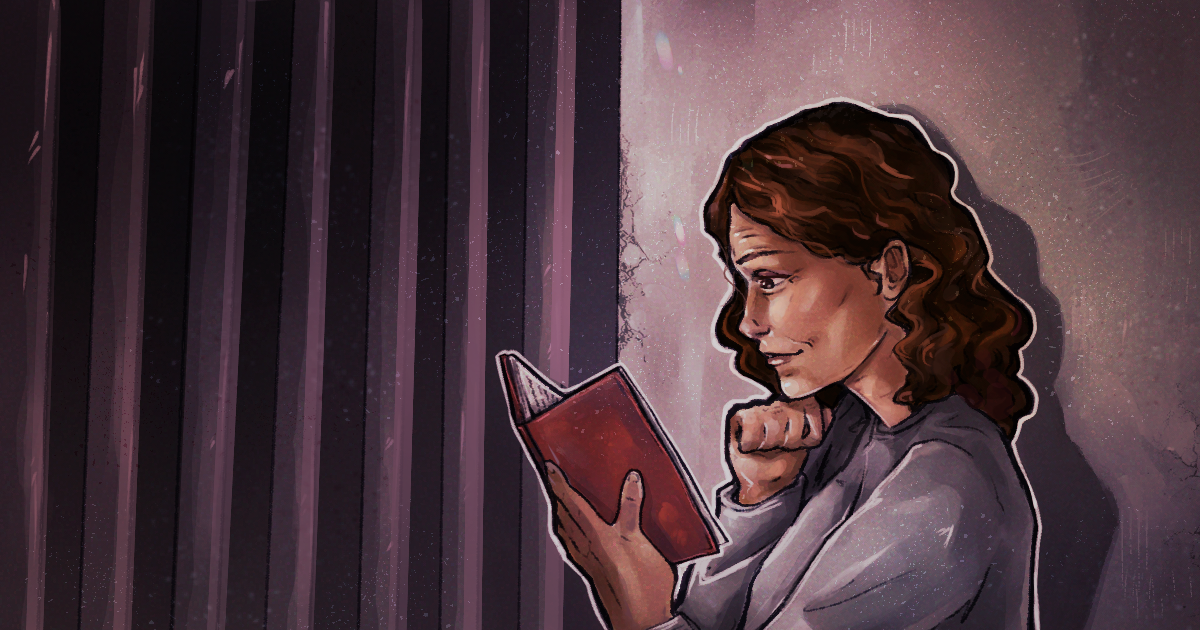
Banned books behind bars
I want to take my students’ stories, give them wings and send them soaring over the razor wire and the fences and out into the world. Those stories haunt me. I cannot ignore them.”
This story gives a fascinating insight into life in a women’s prison through the eyes of a writing teacher and her students – the inmates. Questioning the purpose of the prison’s “Do-Not-Read” list of banned books, and exploring the complex histories of her students, the author reminds us of the transformative power of reading and writing. Find the full story here.

Mexico: Maya beekeepers declare an environmental emergency after finding scores of dead bees
These customs are inherited from generation to generation. It is something very deeply rooted in the mind, in the heart, so when we arrived to see a pile of dead bees, there was a mixture of fear and anger. It was a very ugly moment.”
Intensive farming has devastated the bee population in the Yucatán Peninsula. Richard Arghiris relays the story of Mexico’s historic Maya beekeepers, the impact of pesticides on their sacred practices, and what is being done to resist the destruction of their culture and livelihood. Find the full story here.
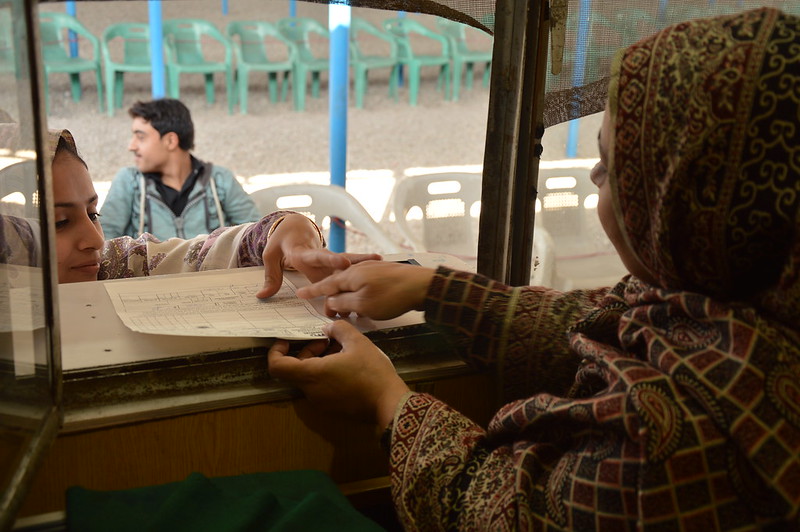
“The law is not meant to act a trap”: How can Pakistan change its approach to Afghan refugees and asylum seekers?
Azizi’s victory can be considered a milestone in the judicial history of Pakistan, a country which is hosting one of the largest refugee populations in the world and is not a signatory to the 1951 Refugee Convention or to the 1967 Protocol.”
The story of one woman, Rahil Azizi, highlights the impossible situation of Afghan refugees and asylum seekers seeking safety in Pakistan. Azizi’s long fight to claim asylum through the Islamabad High Court suggests there is an ever-widening gap in Pakistan between the letter and the spirit of the law. Arjumand Bano Kazmi believes Azizi’s victory could be a timely aid to hundreds of other Afghan refugees who are subjected to arbitrary arrests, detentions, trials and deportation. Find the full story here.

Suffering for STEM: Why are Women of Color in science facing a mental health crisis?
Institutions have a duty to be proactive about providing mental health resources for graduate students, providing an embedded mental health clinician, for example, as a dedicated resource for graduate student counseling. ”
Why are Women of Color in STEM faced with a graduate student mental health crisis and a challenge to cling on as each stage of academia filters black women out? Yale PhD student Kathryn Graves finds that behind the walls of the ivory tower, academia is wringing the life out of its female scientists of color. Find the full story here.
A sincere thank you from the small team at Lacuna Magazine to all our writers and readers for their continued support.
Featured image by Priscilla Du Preez on Unsplash
Read more:

